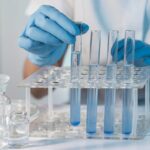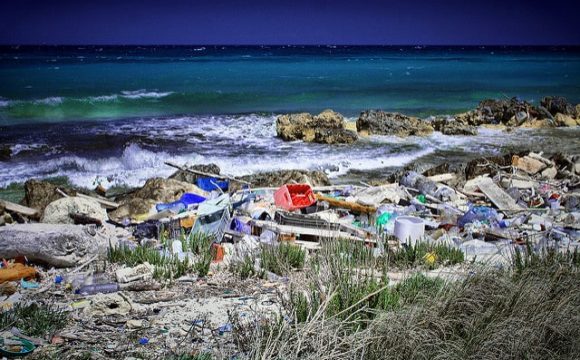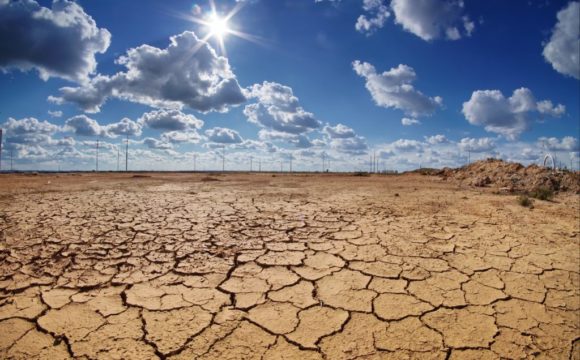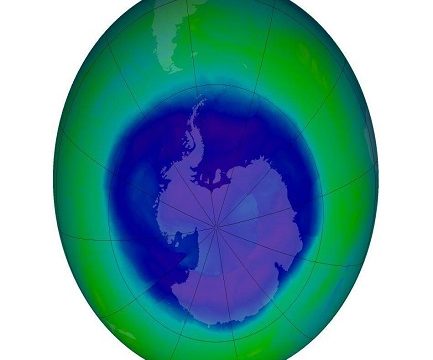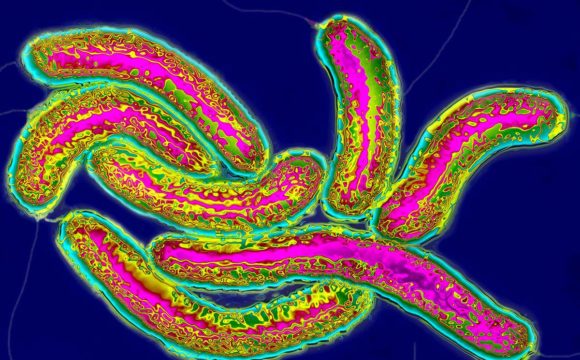We all know that plastics can leach chemicals into our food and water. However, we still use them widely for convenience. The most common plastic packaging is water bottles. Plastic containers have Bisphenol (BPA) and fluorene-9-bisphenol (BHPF) which are proven to harm the health of animals including humans. Still, it is difficult for people to change their habits and switch to using BPA-free plastic or food-grade plastics. Some studies suggest that BPA substitutes and other chemicals used in plastics can also have adverse health effects.
Harmful effects of plastic water bottles:
- Plastic bottles when exposed to Sun release a toxin called dioxin which is considered to increase the chances of breast cancer.
- It can impact your immune system as the chemicals released from plastic bottles hinder the body’s natural immune system and lead to health issues.
- Drinking water from plastic bottles can be a cause of liver cancer due to the presence of a chemical called phthalates.
- The production of plastic water bottles has a higher carbon footprint and has adverse effects on the health of our environment.
- It’s no wonder that drinking water from plastic water bottles can lead to weight gain. Plastic water bottles can infuse BPA and BHPF which deregulate the hormone level balance in a body and can lead to irregulated weight gain.
Studies carried out by SelinaTisler & Jan H.Christensen at the University of Copenhagen, Denmark, suggest that chemical leaching takes place in drinking water in water bottles over 24 hours. For their study, scientists used two different types of bottles which were used throughout a year for the experiment. Two bottles were brand new and were made by the same brand but in different years. For the test, they filled the water over 24 hours after rinsing and also after washing over with the dishwasher. In the final experiments, they rinsed the bottle fives times and again filled them with water for 24 hours. In the final observation, the water samples were analyzed with liquid chromatography and high-resolution mass spectroscopy.
The dish-washed bottles had the highest amount of contaminants with more than 3500 however some of them were able to be washed out after rinsing. The results suggested that over 400 plastic-related chemicals were leached into drinking water under different conditions. Plasticizers, antioxidants, or photoinitiators were the most commonly detected chemicals present in the water samples.
Plasticizers are considered harmful. If absorbed, they can hamper the natural hormones in the body and can lead to the inhibition of testosterone and increase the levels of estrogen in the human body.
Photoinitiators are hazardous as they can create molecules that are similar to free radicals that can lead to cellular damage in an organism.
It is recommended to have metal and glass bottles to keep water instead of using food-grade plastic bottles.
Plastic water bottles can take up to 450 years to decompose.
Be mindful! Stay away from chemicals-filled water bottles. Use metal or glass bottles.
References:
- https://www.labroots.com/trending/earth-and-the-environment/22244/thousands-chemicals-migrating-plastic-bottles-water
- https://www.india.com/lifestyle/5-harmful-side-effects-of-drinking-from-plastic-water-bottles-5116887/





